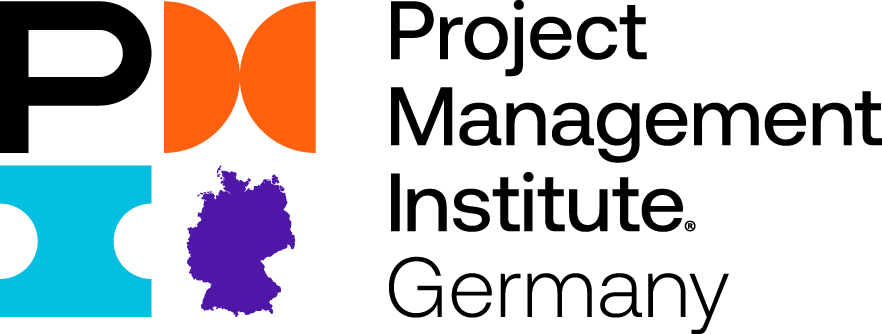Organization Design For Artificial Intelligence (AI)
 The transformative power of AI hinges not just on the technology itself, but on how effectively it's woven into the very fabric of an organization. A well-crafted AI organization design unlocks a significant source of competitive advantage. Here's why:
The transformative power of AI hinges not just on the technology itself, but on how effectively it's woven into the very fabric of an organization. A well-crafted AI organization design unlocks a significant source of competitive advantage. Here's why:First, successful AI implementation requires a collaborative environment that fosters synergy between human and machine intelligence. A thoughtfully designed structure breaks down silos, encouraging data scientists, engineers, and domain experts to work together. This cross-pollination of expertise ensures AI development remains aligned with business goals and real-world applications.
Second, effective AI organization design empowers agility and continuous learning. By establishing clear roles and responsibilities for data management, model training, and performance monitoring, organizations can ensure a streamlined AI lifecycle. This fosters a culture of experimentation and rapid iteration, allowing them to adapt and refine their AI models as new data emerges or business needs evolve.
Third, a well-designed AI organization fosters responsible development and deployment. By integrating ethics and compliance considerations into the design from the outset, organizations can proactively mitigate potential biases and ensure their AI systems operate fairly and transparently. This builds trust with stakeholders and avoids reputational risks associated with unethical AI practices.
The right organizational design fosters a culture of data-driven decision making. By embedding AI expertise within core business functions like marketing, finance, and operations, organizations ensure data-driven insights inform strategic choices across all levels. This not only optimizes decision-making but also fosters a culture of data literacy throughout the organization.
Informationen zur Veranstaltung
| Beginn der Veranstaltung | 25.07.2024 18:00 |
| Ende der Veranstaltung | 25.07.2024 19:00 |
| Anmeldeschluss | 24.07.2024 |
| Freie Plätze | 67 |
| Veranstaltungsort | Online |



